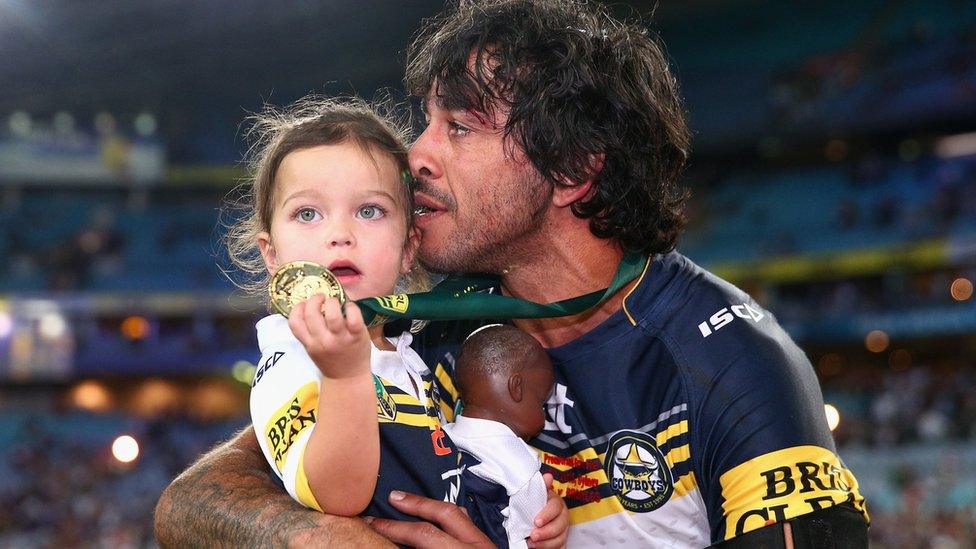Australian sports stars urged to boycott anthem in AFL and NRL finals
- Published
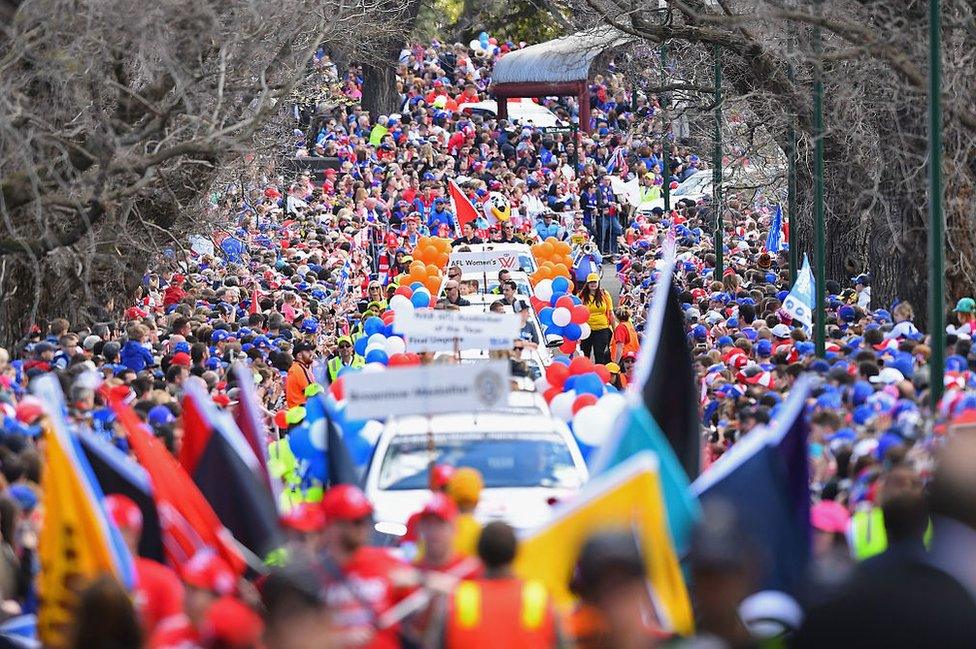
A big crowd turns out to watch the 2016 AFL Grand Final Parade
Australian sports stars are being urged not to stand for the national anthem during this weekend's major rugby league and Aussie Rules finals, as a protest against racism.
The campaign was started by pop culture website Junkee, which called it a show of support for Indigenous Australians.
It has been inspired by American football player Colin Kaepernick.
The player has been refusing to stand for the US anthem before games as a protest against racial inequality.
Paul Gorrie, an Indigenous Australian activist involved in the Junkee campaign, external, said Kaepernick's protest made him think "why shouldn't we do that here?"
He said the Australian anthem, Advance Australia Fair, "was written in 1878 when land was still being stolen and black people were still being massacred".
It and the recent deaths of Indigenous Australians in police custody were "the impacts of our colonial history and the racism that continues to this day", he said.
"This is a call to action for ALL players to show solidarity by not singing and taking a kneel during the national anthem this weekend at the NRL and AFL grand finals."

Australia's big sporting weekend
Australia Football League (AFL) grand final: The Sydney Swans take on the the Western Bulldogs at the Melbourne Cricket Ground on 1 October.
National Rugby League (NRL) grand final: Melbourne Storm play Cronulla Sutherland Sharks at ANZ Stadium in Sydney on 2 October.

Anthony Mundine, a former rugby league star turned boxer, has since shared the video on Facebook, external, writing that he has been "saying this for years".
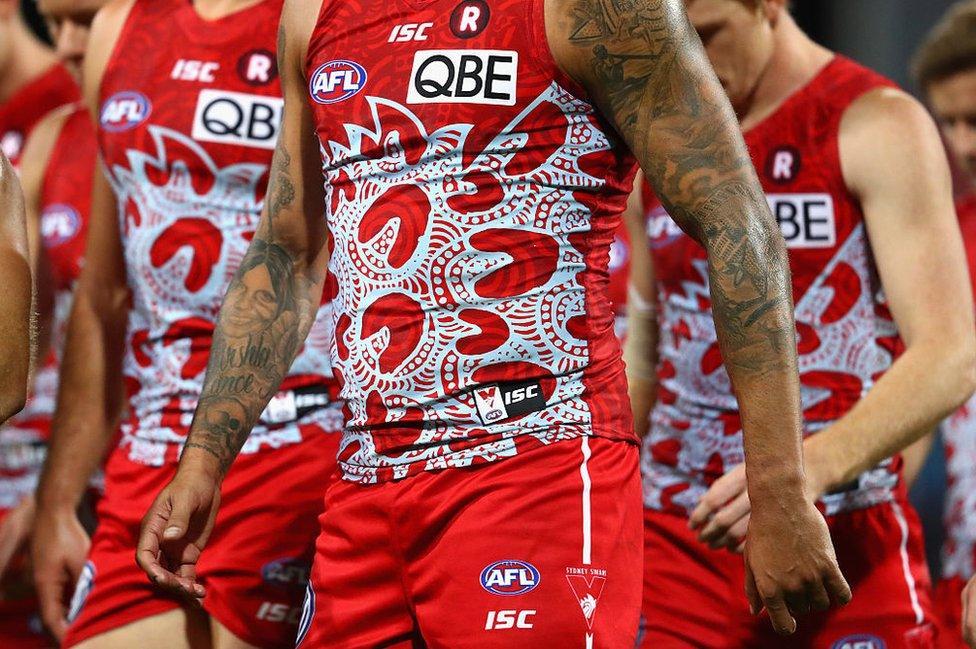
Sydney Swans players during the AFL's indigenous round earlier this year
"All players Aboriginal and non-Aboriginal should boycott the anthem and start changing Australia's ignorant mentality," he wrote.
Australian sport, in particular Aussie Rules football, has been marred by racism against indigenous players.
Adam Goodes, an Indigenous Australian who played for the Swans and has since retired, was repeatedly booed on the field and last year a rival fan was removed for allegedly telling him to "get back to the zoo".
Australia has also seen heated discussion on whether it should recognise indigenous people in its constitution, repeal clauses that prevent people of a certain race from voting and allow laws to be made based on race.
'Pretty stupid really'
The campaign has generated a mixed response.
Lance "Buddy" Franklin, one of the AFL's most high profile Aboriginal players, said there was "no chance" he would join an anthem boycott.
"First I've heard of it," Franklin said at the AFL grand final parade in Melbourne on Friday.
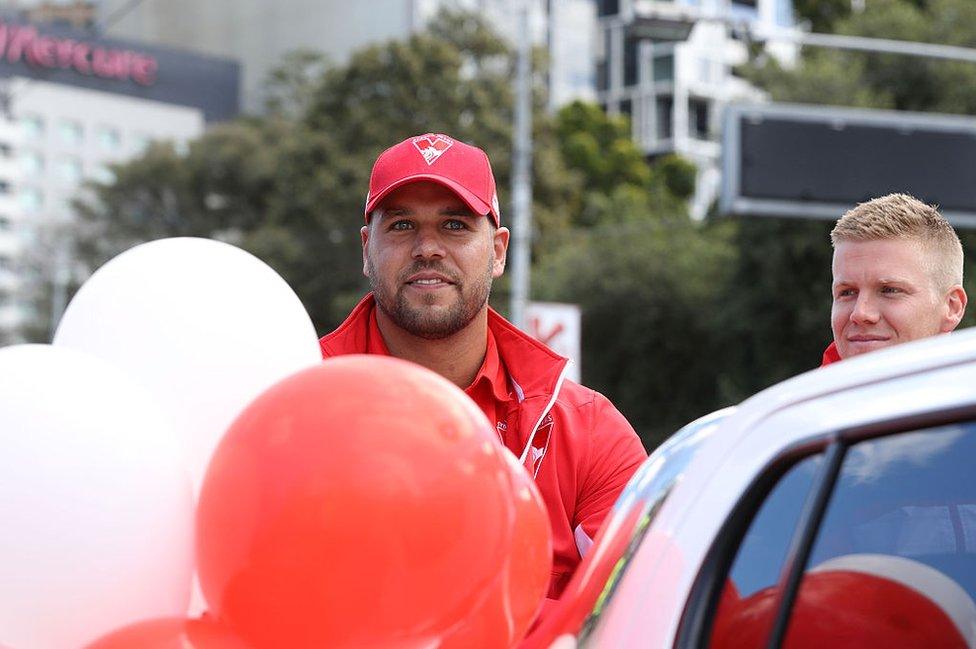
Sydney Swans star player Lance "Buddy" Franklin during the grand final parade
"Personally I think it's pretty stupid really. It's the Australian national anthem, it's a part of our sport, our history."
Prime Minister Malcolm Turnbull has described the campaign as "divisive".
"This is a weekend where everyone comes together," he told 3AW Radio.
"The two big codes, the NRL and AFL, work hard to be inclusive and embrace modern Australia and all of its diversity.
"Sport is a really wonderful inclusive institution in Australia. It divides us in the sense that we support different teams, but only in a pretty good-natured way, but above all it pulls us together. That's why we should all sing."
Staying seated
Former rugby league player Joe Williams has been one of the loudest voices backing the campaign.
Williams, who is Aboriginal, has attracted controversy before for remaining seated during the anthem, external, during an Australia Day ceremony recognising his community work.
"Why should we sing something that doesn't represent us?" he told the BBC.
"Would Malcolm Turnbull feel comfortable if he was made to sing God Save the Queen?"
He dismissed suggestions that the country's biggest sporting events were inappropriate venues to make a political statement.
"You're a black man until the day you die," he said.
"You're only a footballer for a short amount of time."
- Published31 August 2016
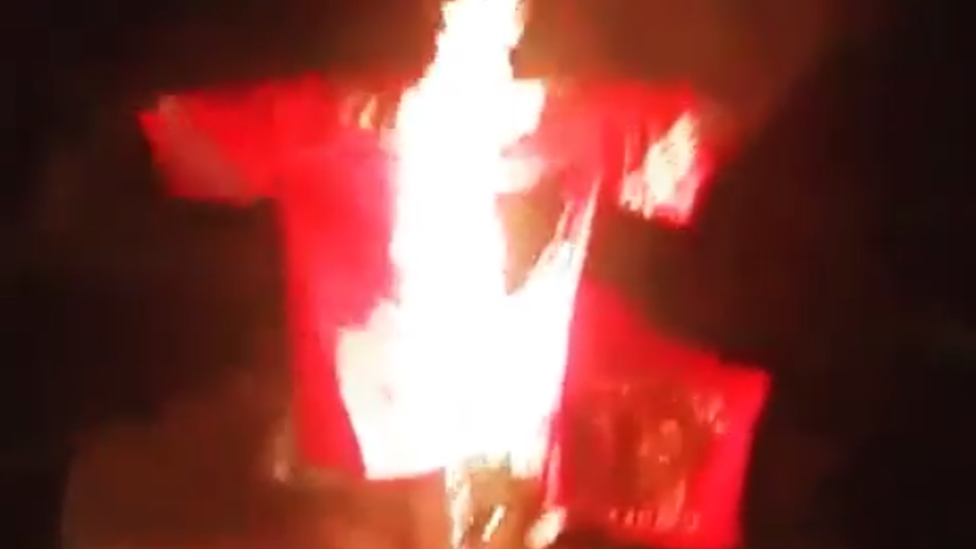
- Published25 September 2017
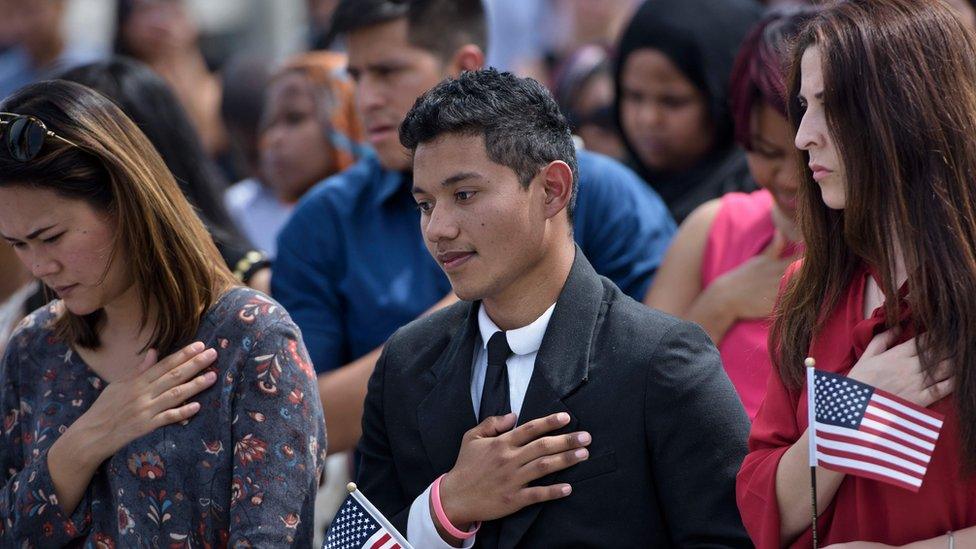
- Published28 August 2016
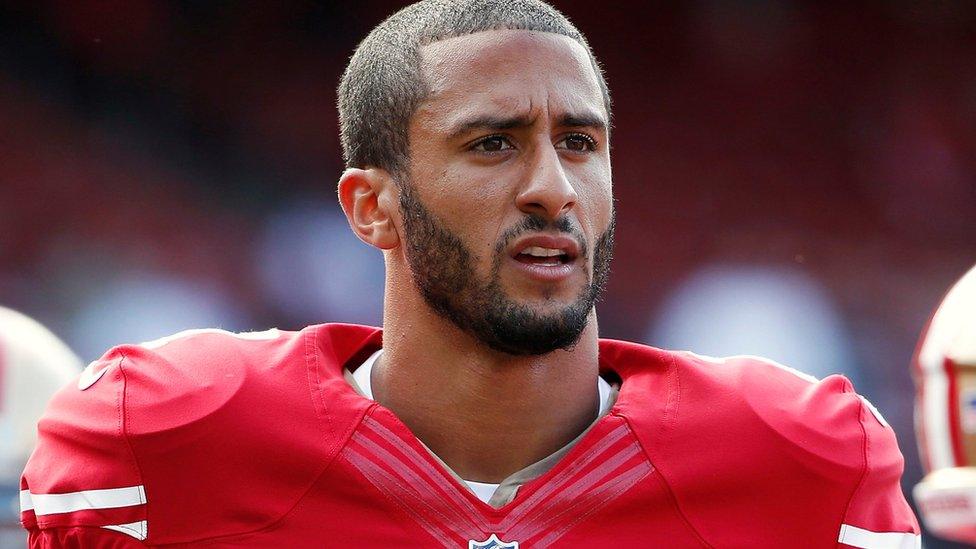
- Published30 August 2016
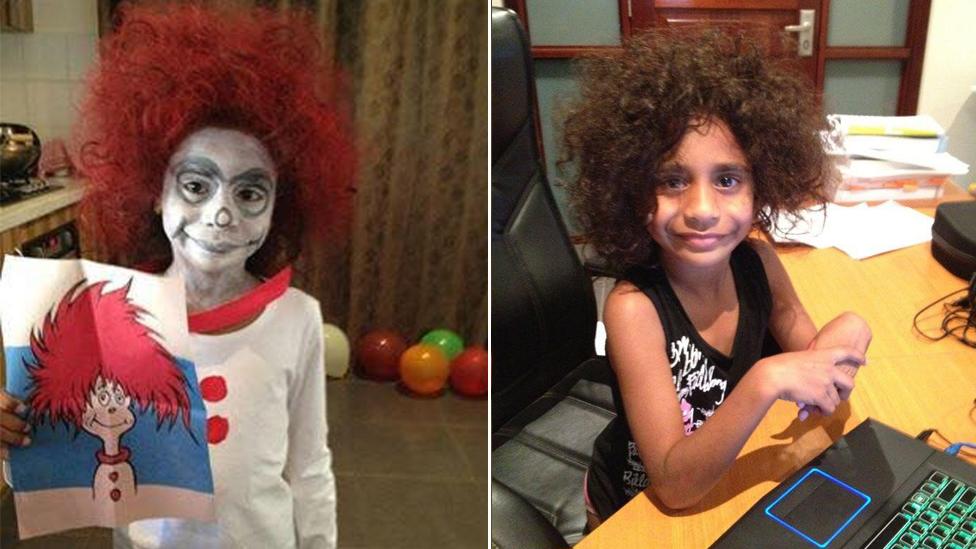
- Published26 August 2016
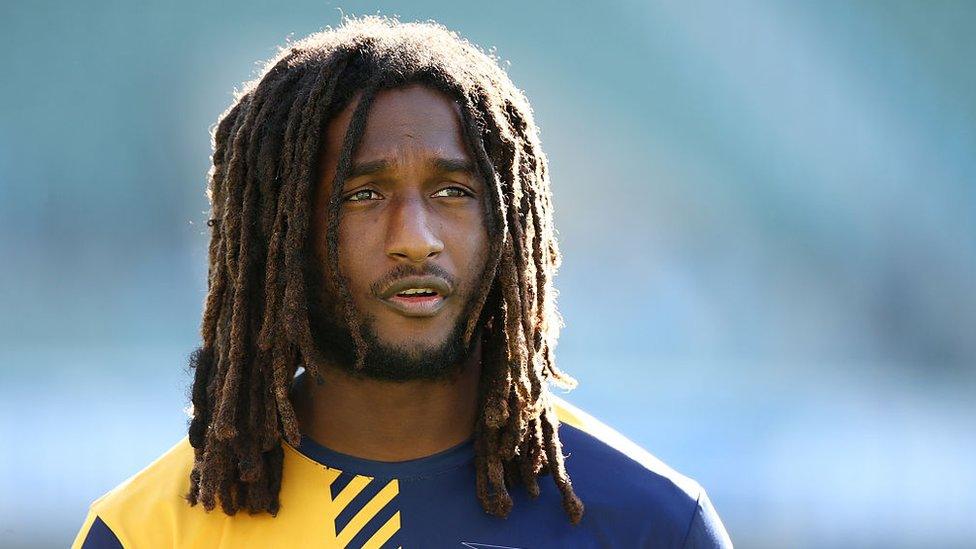
- Attribution
- Published21 August 2016
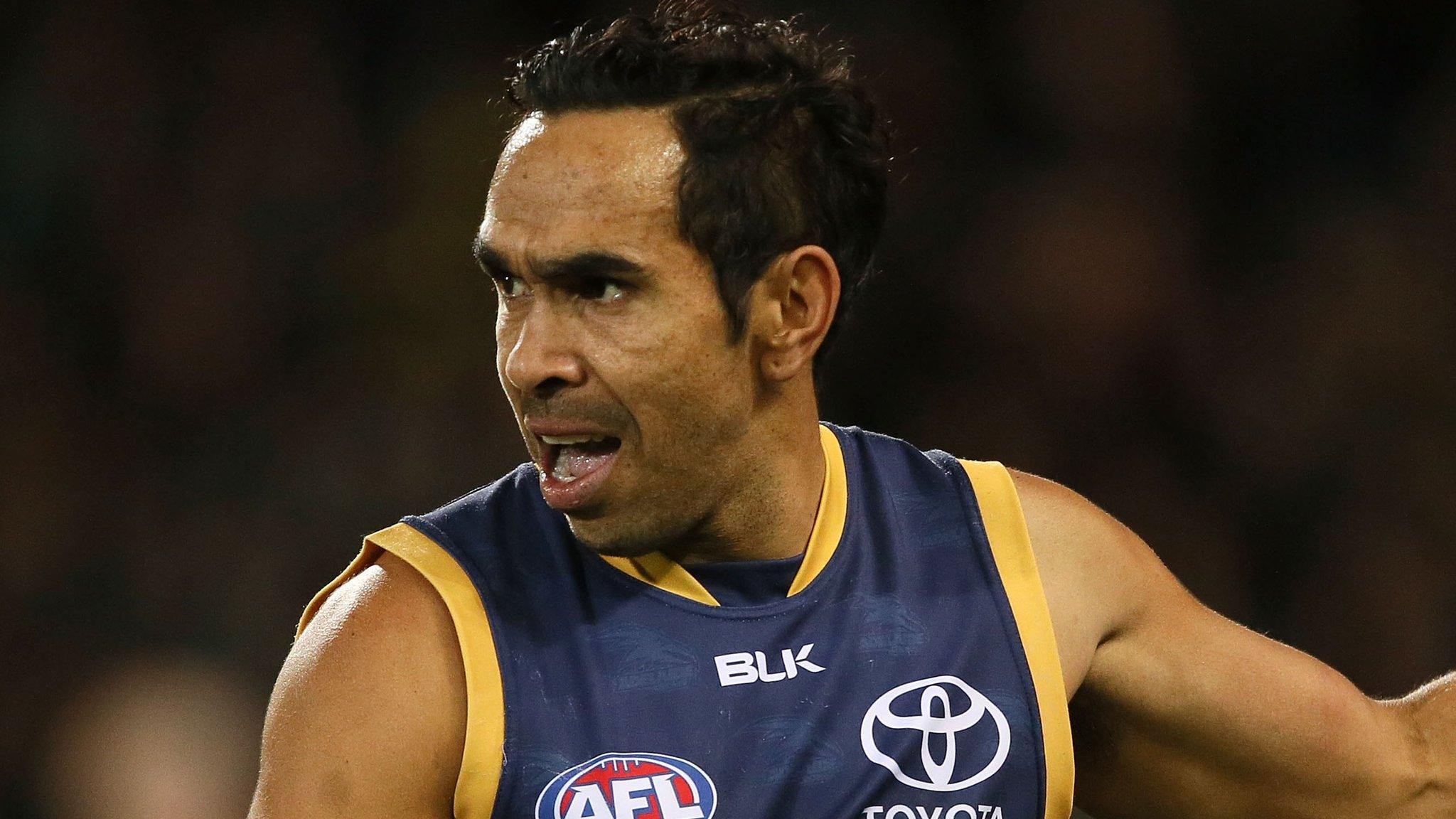
- Published24 February 2016
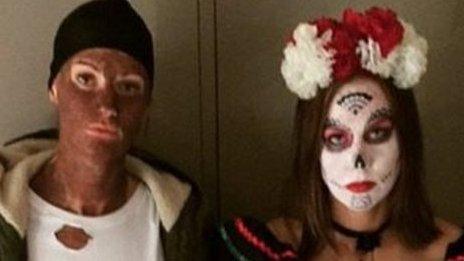
- Published5 October 2015
